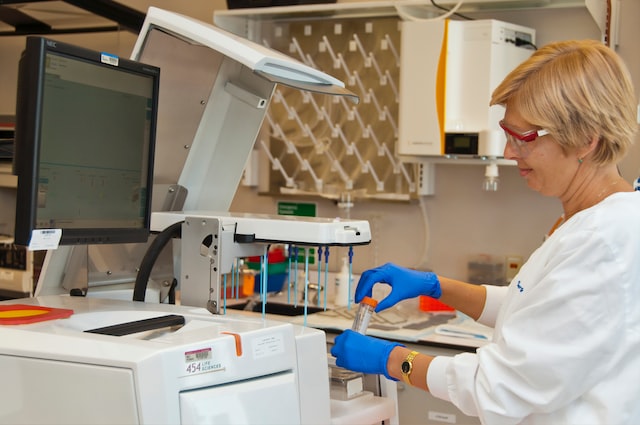
Different Types of Drug Tests
As an employer, drug testing is one of the most valuable tools available to ensure a safe and productive work environment.
A variety of screens and tests can minimize absenteeism and productivity decreases resulting from employee use of illicit drugs and alcohol.
But how do you know which tests to use?
Here is a breakdown of the various types of tests and their pros and cons.
Urine Test
A urine test is the most common type of drug test used by employers. It works by detecting metabolites, a substance your body produces in the process of breaking down drugs. In addition, it picks up antigen-antibody complexes which your immune system releases whenever drugs enter your system. A urine test is effective within a 30-hour window; it can detect a variety of substances including amphetamines, cocaine and cannabis.
Hair Test
Hair tests are much more reliable than most other kinds of drug screens; another bonus is that it is virtually impossible to tamper with the results or “cheat” the test. Bleaches or dyes in the hair will not affect the results. A hair test is a good detection tool for long-term drug use, since it can detect substances for up to 90 days after use.
Oral Fluid Test
Also known as a saliva test, this kind of test involves using a mouth swab. It’s one of the most inexpensive types of tests available and is easy to use. In most cases, you can collect the sample right on-site. That makes the test almost impossible to cheat. After collection, samples are sent to a lab for testing.
An oral fluid can be a good way to avoid some of the common issues with urine testing such as difficulty urinating or the potential for tampering.
Blood Test
Typically a go-to only in emergencies, a blood test can sometimes be used for pre-employment screening. It detects the presence of alcohol as well as drugs and can be incorporated as part of required annual physicals.
However, it goes without saying that drawing blood is a much more invasive procedure than other kinds of drug screens listed here. It’s also expensive compared to other tests. In addition, blood tests can only detect substances within 2-12 hours of entering the system, so it is not helpful in
revealing patterns of long-term use.
Breath Test
A breath alcohol test will detect whether or not a person is intoxicated at the time of the test, usually up to twelve hours after their last drink. The person breathes into a device called a “breathalyzer” to yield a result in the form of a number. It’s a popular workplace drug test because of its accuracy. However, a breathalyzer test does have some drawbacks. It reveals the current level of intoxication, but offers no information on long-term patterns of alcohol abuse.
How Veriswift Can Help
Veriswift can assist you in implementing a comprehensive plan for drug screening to prevent the pervasive financial and emotional consequences of drug use in the workplace. Contact us today.

